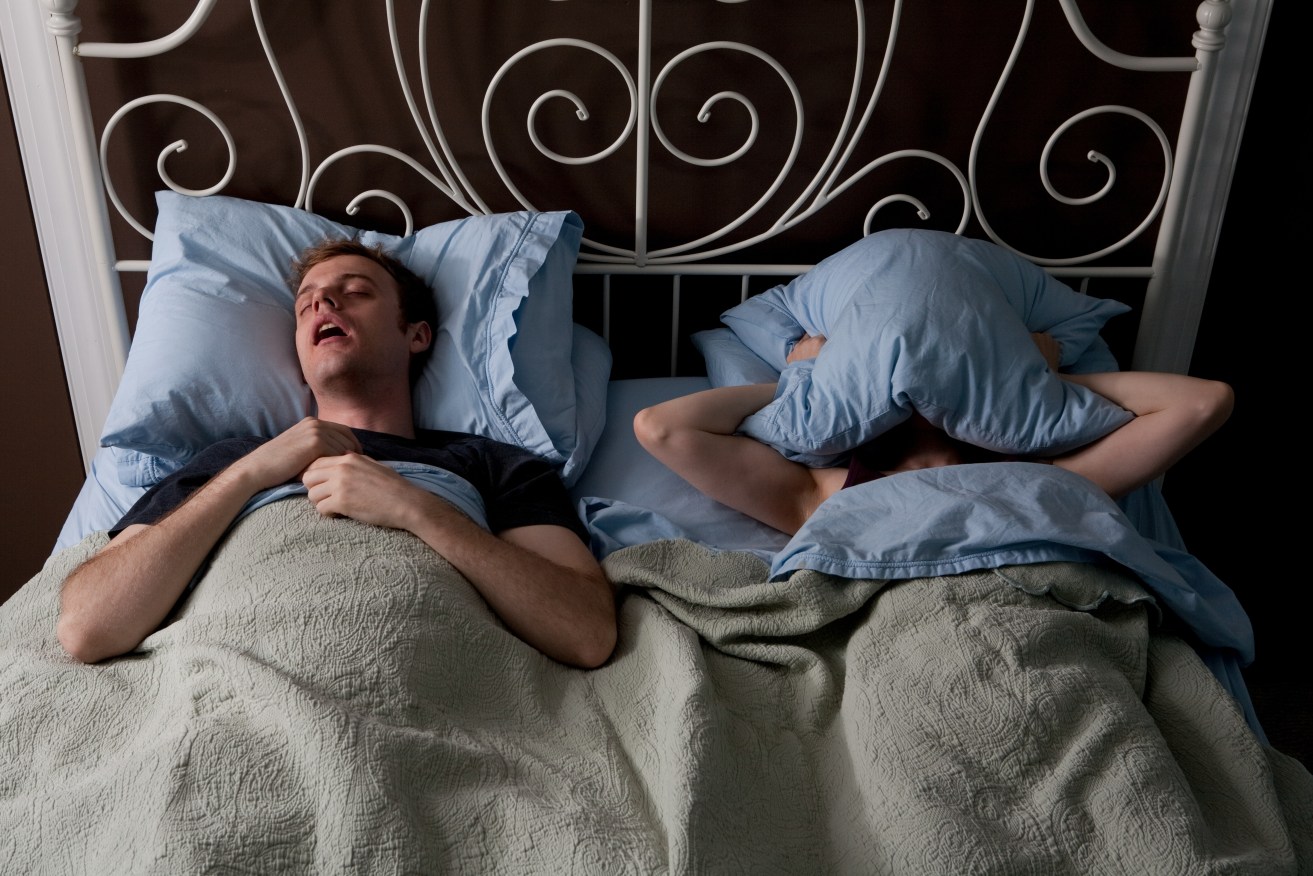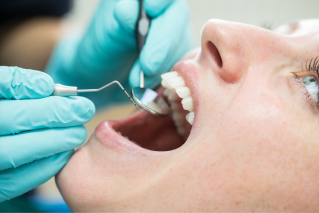How long you should spend sleeping, standing, sitting and exercising each day


Researchers have plotted out the perfect mix of sleep, sitting, standing and physical activity. Photo: Getty
New research has laid out the ideal day for optimal health, detailing how many hours a person should spend sitting, standing, sleeping and exercising.
An international team of researchers, including from Swinburne University and the Baker Heart and Diabetes Institute, analysed the behaviour of more than 2000 people across 24 hours to establish how much time should be spent on sitting, standing, sleeping, light physical activity and moderate or higher physical activity.
Dr Christian Brakenridge, from Swinburne University’s Centre for Urban Transitions, said these measures are a ‘Goldilocks zone’ that strikes a balance between various health outcomes.
“For different health markers, from waist circumference to fasting glucose, there would be different levels for each behaviour,” he said.
“This breakdown encompasses a wide range of health markers and converges on the 24 hours associated with overall optimal health.”
Practical use
According to the research, the optimal time for each activity in a 24-hour period was:
- Six hours of sitting
- Five hours and 10 minutes of standing
- Eight hours and 20 minutes of sleeping
- Two hours and 10 minutes of physical exercise
- Two hours and 10 minutes of moderate to intense exercise

People should spend about six hours sitting each day. Photo: Getty
Light physical activity included chores like making dinner and grocery shopping, while moderate to intense physical activity involved brisk walking, gym workouts and playing sports.
With almost half of Australians now spending the majority of their day sitting down at desks and on couches, Brakenridge said the research could be used to inform governments when they release and consult on activity guidelines.
“Sleeping may be detrimental to health if it replaces exercise time, but beneficial if it replaces sedentary behaviour,” he said.
This is why we need integrated guidelines considering the full spectrum of human behaviour.”
A good night’s sleep and regular exercise have long been earmarked as important factors in health, but Brakenridge said his research acknowledges the nuances of how one activity can affect others.
“People may advocate for more time exercising, though it’s not feasible to have 10 hours of exercise and zero hours of sedentary behaviour,” he said.
“The time use has to be realistic and balanced.”
The importance of balance
Physical inactivity can lead to a number of risks and illnesses, including heart disease and diabetes while forgoing regular exercise has been linked as a major cause of chronic diseases.

People who forgo regular exercise are at a much higher risk of chronic health diseases. Photo: Getty
Brakenridge said it is important to move and be active as much as possible because so much of life now requires people to be in front of a screen.
“Shorter sitting time and more time spent standing, undergoing physical activity and sleeping give great boosts to our cardiometabolic health,” he said.
“It’s also important to acknowledge that this data is a recommendation for an able adult.”








